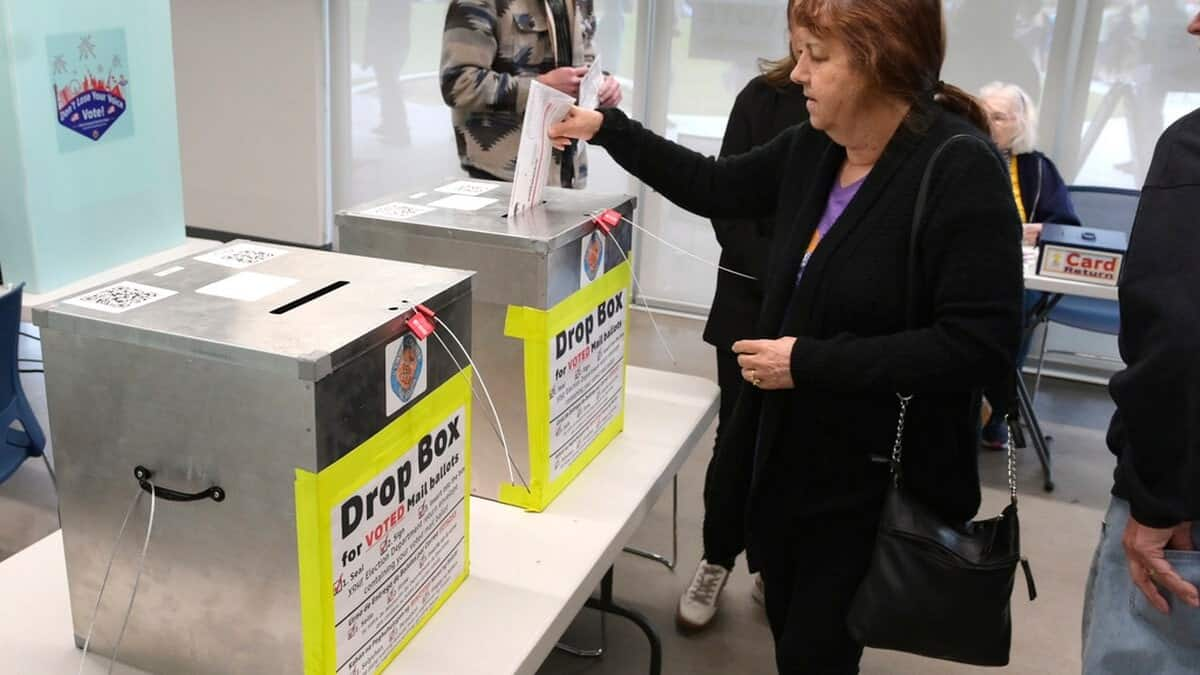
Explained: Why paper ballots are still used in US elections
What's the story
The 2024 United States presidential elections are slated for November 5. As many as 29 million people have already voted.
Despite Donald Trump and allies like Elon Musk raising concerns over the vulnerability of voting machines, it is expected that 98% of votes will be cast on paper ballots.
The US's paper ballot history dates back to the contentious 2000 election between George W Bush and Al Gore, marred by punch-card machine disputes.
Voting evolution
Shift toward paperless voting systems
The controversial 2000 election prompted the passage of the Help America Vote Act (HAVA) in 2002, which sought to modernize voting equipment.
However, hand-marked paper ballots continued to dominate. By 2006, electronic direct recording machines (DREs) became popular but never fully replaced paper.
The 2016 election, which was marred by Russian interference attempts, saw a return to paper ballots for security reasons.
Voting trends
Paper ballots dominate 2022 mid-terms
By the 2022 mid-terms, hand-marked paper ballots were utilized by roughly 70% of voters.
Ballot marking devices, which offer a paper record, were used by some 23% of voters.
Merely 7% depended on DREs without a paper trail.
Today, nearly all votes are tabulated on machines that scan paper ballots.
Swing states such as Arizona and Pennsylvania use paper trail systems for post-election audits.
Audit process
Paper trails facilitate post-election audits
Mandated in 48 states, these audits help verify the accuracy of machines by comparing electronic counts with hand-counted samples.
Despite Trump and his allies' false claims of manipulated tabulators in the 2020 election, these allegations have been debunked.
Voting equipment companies such as Dominion Voting Systems have sued those spreading false claims, with Dominion winning a $787 million settlement from Fox News over such allegations.
Expert opinion
Experts affirm reliability of paper ballots
Experts argue that fears of inaccurate counts are misplaced as most voters already use paper ballots.
Mark Lindeman from Verified Voting was perplexed by the continued skepticism: "Almost everybody votes on paper ballots."
He stressed that Verified Voting's mission was to get rid of paperless voting machines and there has been a lot of progress in that direction.
Douglas Jones, a retired computer science professor, emphasized that paper ballots are essential to keep an evidence chain to verify election outcomes.